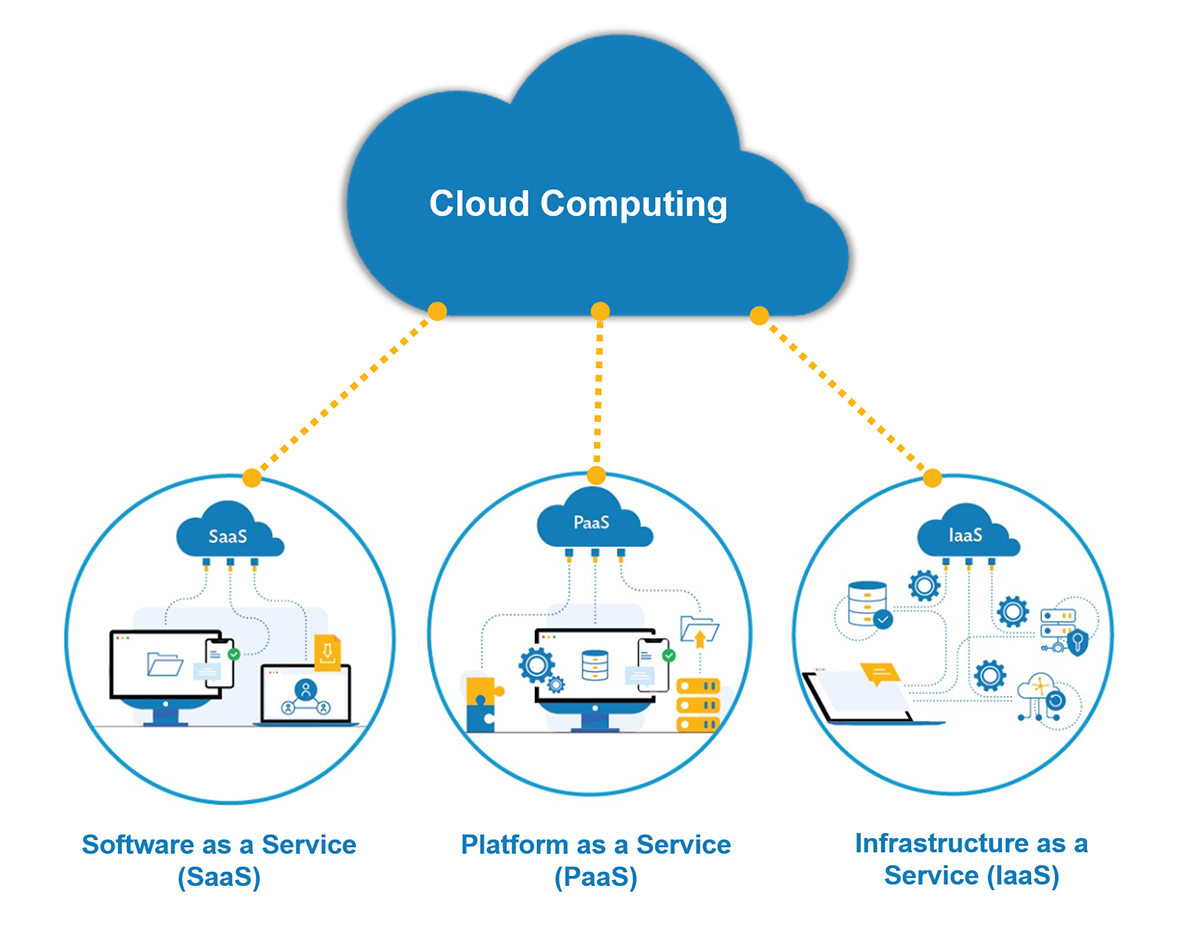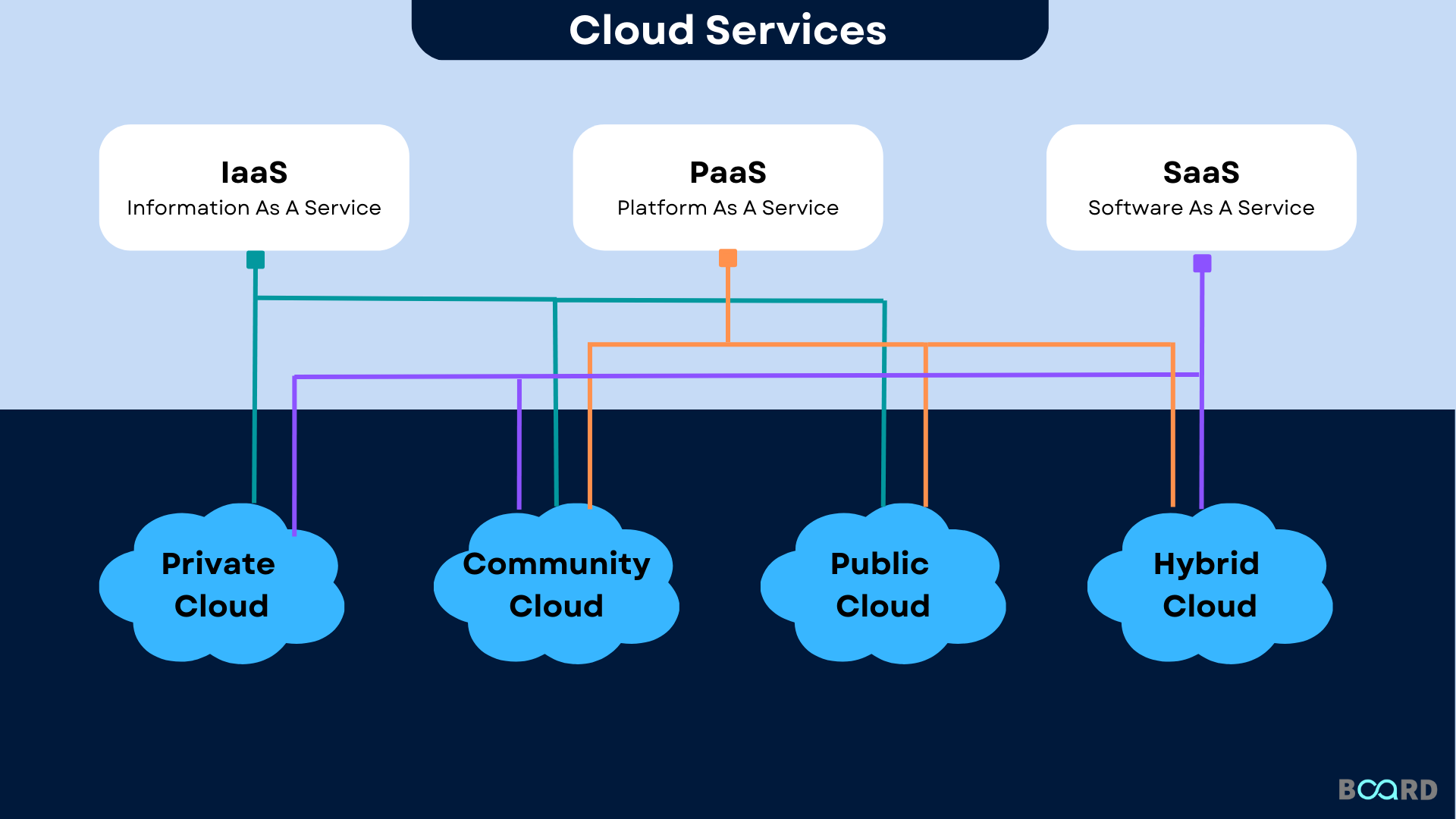Streamline IT Administration With Cloud Solutions
Cloud services have actually emerged as a sensible service for organizations looking to improve efficiency, minimize costs, and boost overall IT efficiency. How precisely do these cloud solutions reinvent traditional IT administration techniques? Let's discover the transformative impact of leveraging cloud solutions on IT procedures and the crucial factors to consider for effective implementation.
Advantages of Cloud Solutions

Additionally, cloud services enable organizations to boost their functional effectiveness by enhancing processes and decreasing the time and sources needed for managing IT facilities. With cloud services, businesses can automate regular jobs, such as software application updates and data backups, maximizing IT teams to focus on more calculated campaigns that drive business value.

Boosted Scalability and Versatility
Cloud solutions provide organizations with unequaled scalability and flexibility in handling their IT sources effectively. With cloud solutions, organizations can quickly scale up or down their computing sources, storage capability, and network data transfer to satisfy transforming demands without the demand for significant ahead of time financial investments in equipment.
Moreover, cloud services offer the flexibility for employees to access company data and applications from anywhere, at any time, and from any device with an internet link. This capability boosts performance and cooperation amongst remote groups or workers operating in different places. Additionally, cloud services give the adaptability to select from a range of solution designs, such as Infrastructure as a Solution (IaaS), System as a Solution (PaaS), or Software Application as a Service (SaaS), based on the details demands of the organization. The boosted scalability and versatility used by cloud services encourage organizations to maximize their IT procedures and stay nimble in today's dynamic market environment.

Cost-Effectiveness and Cost Savings
With the capability to effectively designate resources based on need, organizations making use of cloud services can harness significant cost-effectiveness and realize significant cost savings in their IT operations. Additionally, cloud solutions reduce maintenance prices by changing the obligation of hardware maintenance and software application updates to the service copyright. Generally, the cost-effectiveness and cost savings achieved with cloud services make it possible for services discover this info here to reallocate sources towards innovation and development initiatives.
Improved Protection and Conformity
Enhancing the overall protection pose and ensuring governing compliance are paramount factors to consider for companies leveraging cloud solutions in their IT monitoring techniques. Cloud company provide innovative safety and security actions, such as data security, multi-factor authentication, and automated back-ups, which can bolster a business's protection framework. These providers likewise abide by strict governing standards, such as GDPR, HIPAA, and PCI DSS, assisting organizations meet conformity needs more properly.
Implementing cloud services can enhance safety by providing centralized control over gain access to monitoring, tracking, and information protection. This centralized technique streamlines protection management and guarantees constant application of protection plans throughout the organization. Furthermore, cloud services commonly supply real-time protection updates and patches, minimizing the threat of susceptabilities and possible violations.
Best Practices for Cloud Implementation
Implementing cloud services successfully calls for an organized strategy that incorporates detailed preparation and attentive implementation. To make certain a smooth change to the cloud, companies should begin by carrying out a thorough assessment of their current IT facilities and recognizing which work appropriate for movement. It is essential to establish clear purposes and define key efficiency signs (KPIs) Check Out Your URL to determine the success of the cloud implementation.
Among the very best techniques for cloud application is to carefully pick a cloud company that lines up with the company's demands in terms of safety and security, cost-effectiveness, conformity, and scalability. Furthermore, creating an in-depth movement plan that lays out the steps included, timelines, and responsibilities is vital for a successful application.
Consistently monitoring and enhancing cloud find more sources to make certain efficient performance and price management is one more important aspect of cloud application finest techniques. Continuous examination of the cloud setting and remaining informed about updates and new functions supplied by the cloud company can better boost the organization's cloud method. By following these best methods, companies can simplify their IT management and maximize the benefits of cloud services.
Final Thought
In verdict, leveraging cloud solutions for IT administration provides numerous advantages, consisting of improved scalability, cost-effectiveness, improved security, and conformity. Generally, cloud services enhance functional effectiveness and agility in handling IT facilities.
Additionally, cloud services supply the versatility to pick from a selection of service versions, such as Facilities as a Service (IaaS), System as a Service (PaaS), or Software Program as a Service (SaaS), based on the specific demands of the company. Additionally, cloud solutions minimize upkeep costs by changing the obligation of equipment upkeep and software program updates to the service copyright.Enhancing the overall protection position and ensuring regulative conformity are vital factors to consider for companies leveraging cloud solutions in their IT management approaches.Consistently optimizing and checking cloud resources to make sure reliable performance and expense management is one more critical element of cloud execution best methods. Continual examination of the cloud setting and staying notified concerning updates and new functions used by the cloud provider can additionally enhance the organization's cloud approach.